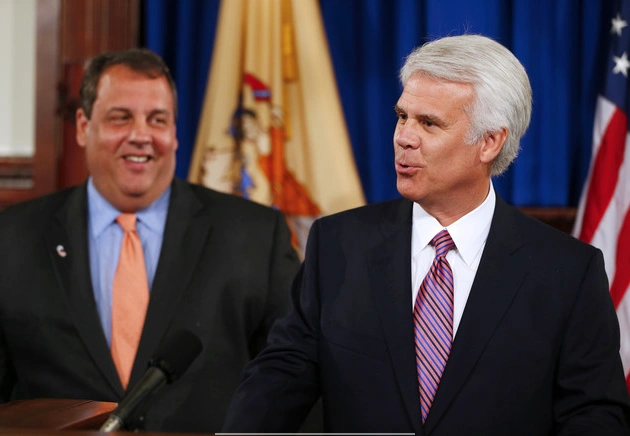
New Jersey’s gubernatorial election transparency and the impact on campaign finance reform
The Challenge of Election Transparency in New Jersey
New Jersey’s upcoming gubernatorial election in 2025 is raising concerns about transparency in campaign finance. A recent campaign finance law has introduced changes that allow super PACs to keep their donors anonymous until shortly before the primary.
With 10 major candidates vying to succeed Gov. Phil Murphy, the use of independent expenditure committees has become a focal point in influencing the election. These committees can raise and spend unlimited amounts of money, all while keeping donors undisclosed.
The Impact of Financial Overhaul
This election will serve as a litmus test for the new financial regulations. Candidates and their supporters are leveraging the lack of transparency to fund their campaigns without revealing the sources of their financial backing.
New Jersey is experiencing a significant political shift, with changes in campaign funding likely to reshape the state’s political landscape. The state’s unique ballot design is undergoing modifications, emphasizing the growing influence of money in elections.
The Elections Transparency Act
The Elections Transparency Act, passed in 2023, allows traditional super PACs to register as independent expenditure groups. These groups are only required to disclose their advertising spending 11 days before a primary election and 20 days after it, leaving the public and opponents in the dark about their financial supporters.
Aaron McKean from the Campaign Legal Center emphasizes the importance of timely disclosure of funding sources, providing voters with crucial information to make informed decisions.
Encouraging Transparency Beyond Legal Requirements
While the law sets minimal disclosure requirements, there is a call for more transparency from political groups. Some independent expenditure committees have voluntarily disclosed their funding sources, offering a level of openness not mandated by law.
Building Bridges Voter Project, supporting a gubernatorial candidate, has gone beyond the legal obligations by detailing their fundraising and spending activities. This voluntary disclosure sets a new standard for transparency in political campaigns.
The Need for Strengthened Campaign Finance Laws
New Jersey’s campaign finance laws have faced criticism for their lack of stringency. The state’s ranking by the Coalition for Integrity highlights the need for improved regulations to ensure transparency and accountability in elections.
Political organizations, such as American Representative Majority and independent expenditure groups supporting gubernatorial candidates, have opted for limited disclosure under the new regulations. This selective reporting raises concerns about the influence of undisclosed donors on the electoral process.
Looking Ahead
As the gubernatorial campaign unfolds, the role of transparency in campaign finance will continue to be a critical issue. The actions of political groups and candidates in disclosing their funding sources will shape the public’s perception of electoral integrity.
With calls for strengthened campaign finance laws and increased transparency, New Jersey’s electoral landscape faces a pivotal moment in balancing the influence of money with the transparency required for a fair and democratic electoral process.















